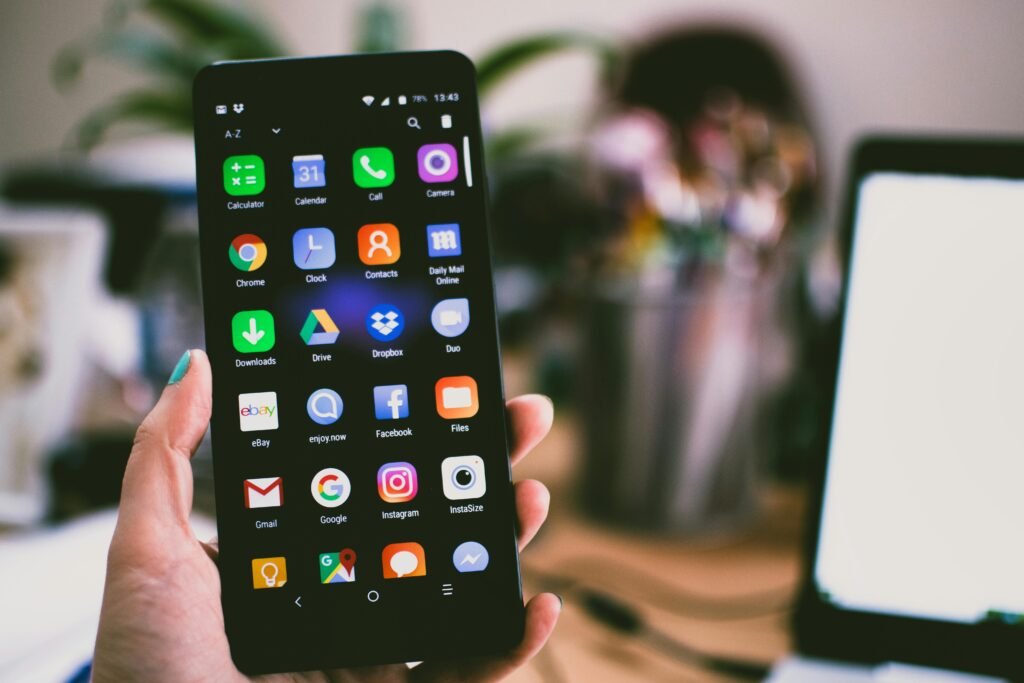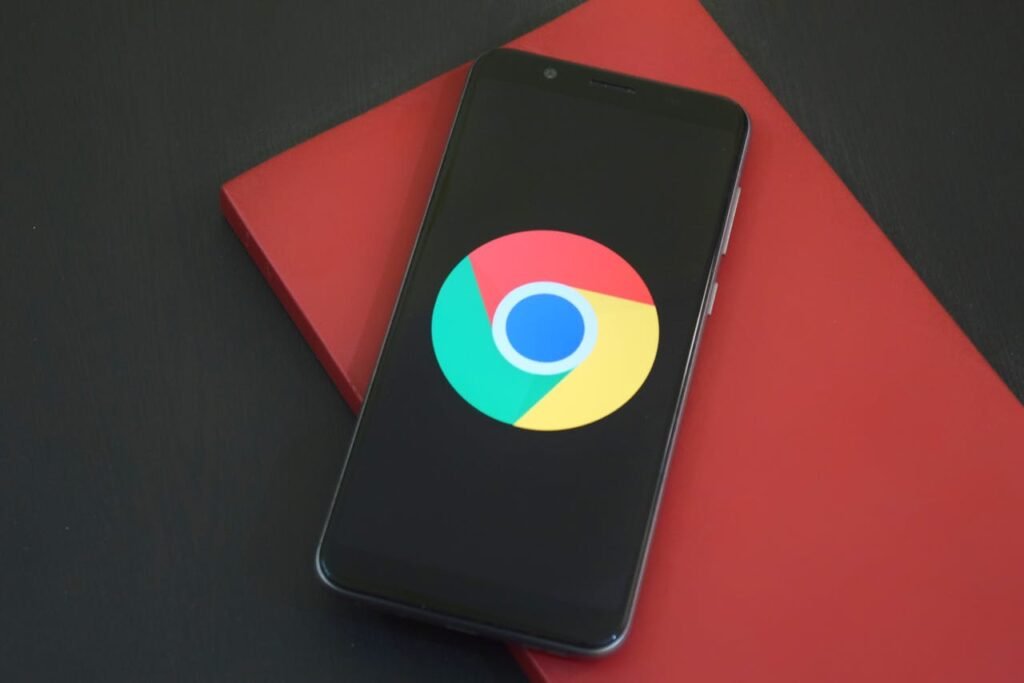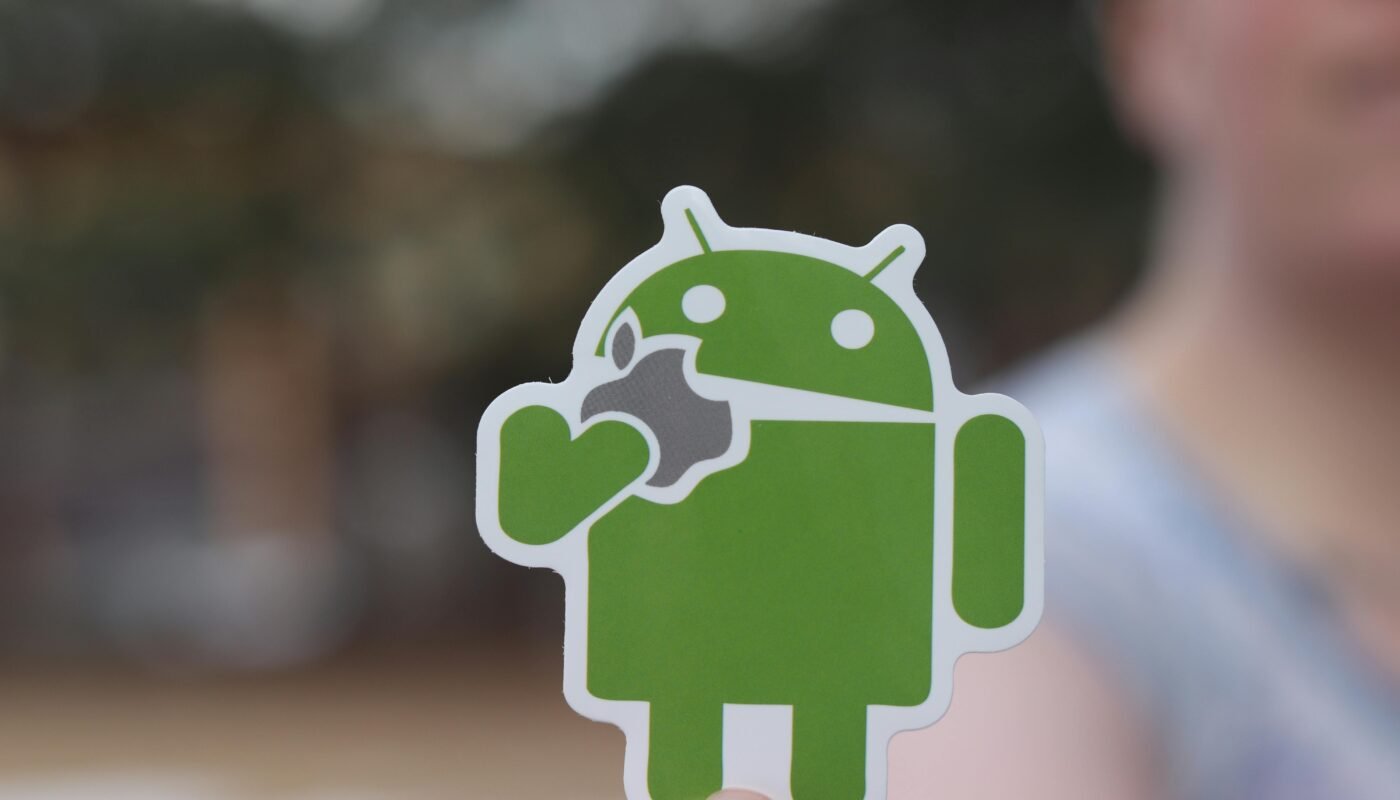
In this blog we will discuss about, The Top 5 Most Awaited Features For Android Phones. More than almost 16 years into the Android operating system’s development. The launch of Android 15 is coming soon. Though Google has long since stopped using alphabetically sequenced dessert/confectionary-themed nicknames for each version in any kind of prominent way. They still exist as internal code names. Because these code names were introduced more frequently than the full version number in the beginning these code names have 22 letters deep in the alphabet. Instead of just 15 which is why they are Android 15’s dessert’s codename “Vanilla Ice Cream.” This sounds delectable but equally tasty are the features that Google is incorporating into 2024’s Version of the mobile operating system.
The most significant of these new features include enough different territory. There are enough security-related features as well as the security of devices and giving users ways to stay away from social engineering. Users who are concerned about privacy and need to share their mobiles will get a new method to mark certain apps as more private than other apps. The possibility of more connectivity options appears to be in the pipeline. Particularly for people who travel to remote locations, and certain essential features of quality of life will be getting significant upgrades and also. This is just scratching the surface. though. Let’s look at five latest features that are viewed as having a major impact.
Satellite-based messaging

While smartphones have revolutionized our lives and keep us connected virtually everywhere However, they have limitations. They do have limitations, and there are limitations in coverage, particularly in remote areas. And there’s only one solution to bridge that gap: satellites. Apple’s iPhones introduced satellite support at first initially to give roadside emergency assistance. It was logical since they wanted limit bandwidth usage to just pre-selected messages during emergencies. However with iOS 15 satellite support is set to be extended to SMS and iMessage. The only update to mobile OS that adds satellite-based messaging. However as Android 15 will also bring it to mobiles and carriers with the right hardware.
It’s important to note the satellite menu is been available only on Pixel phones. That were released in the past couple of years that are linked to T-Mobile and have installed on the Android 15 Beta. It’s possible that this will change prior to the official release of the OS update, but. Crucial because it’s already been widely hyped that satellite coverage from T-Mobile worked with all 4G LTE-capable smartphones in T-Mobile’s relationship with the Elon Musk’s Starlink.
According to their “Coverage Beyond and Beyond”/”Direct to Cell” program Starlink’s satellites show up on T-Mobile phones like regular 4G LTE towers. Which means that any phone that supports LTE should be able to with these satellites. Since Google not having said anything formal about this It’s not clear whether this is tied to the partnership between T-Mobile and Starlink or if it’s a more broader plan for something similar to AT&T’s forthcoming extra satellite coverage.
Anti-theft functions

One of the most interesting new features included in Android 15 comes in the form of Google’s brand new anti-theft tools. They come in a variety of different forms. Many were created to deter thieves when they realize that these new features are very common among Android users. For instance There’s Theft Detection Lock. Which is designed to detect typical “snatching” motions used by thieves to steal your phone. Then, they can use the phone’s acceleration while the person who stole it attempts to flee. If your phone detects a sequence of movements and locks your phone. To make things more sweet it’s not just coming to Android 15 phones. Phones running OSes that are that are older than Android 10 will receive it through the Google Play Services update.
The other new features to combat theft with Android 15 may seem familiar to the anti-theft features found on Samsung Galaxy handsets. As they’re similar to the features Samsung had included in Android their own devices. It includes a factory reset security and a lock screen that ensures your phone isn’t able to be reset -most thieves would like to sell the phone in the end. Without accessing Google account Google login or together your lock screen’s code. Google is also making changes to their Find My Device settings so that switching off the feature requires an unlock code. This is also the case for extending the timeout of your screen. The use of your biometric unlock may be a requirement to turn off these security measures or to change your PIN.
Private Space

In 2012, the ABC program “Shark Tank” featured a pitch for CATE App which was the mobile application. That allowed you to make an “blacklist” of contacts you could block from showing into your notifications when they sent you a text message. While it was targeted towards cheaters or accused of cheating with their spouses the app was interesting from a privacy point from a privacy point of. However, it didn’t take off and then quickly vanished. Similar functionality, however, is coming to Android 15 in the form of what Google calls Private Space.
Private Space will show up as an option within the App Drawer. It allows you to hide the apps you need to have a greater level of privacy. You can also set it to disappear, and assure that your phone has to be together your Application Drawer Search bar in order to locate Your Private Space. Instead of making it visible to everyone who has an access point to the phone. To access into your Private Space will require entering another PIN. Which is separate from the one you use on your device.
By moving certain apps there, it will assure that notifications will not appear until you’ve deactivated the Space. Therefore, if there’s any sensitive information that pops up in an application, it’s more secure for you to give your mobile. Google includes health and banking apps as typical scenarios however, it can be beneficial to anyone with privacy concerns. Journalists, for instance might want to shift Signal into Private Space for an extra layer of protection for the encrypted messages they send.
Better protection against scams and fraud

One of the most eye-catching new features available for Android 15. Shown off during the keynote event at Google IO 2024 was an improvement to the platform’s fraud call detection. Alongside the existing spam blocking and call detection capabilities. Android 15 adds the possibility of using gemini nano. An Gemini Nano on-device version of Google’s Gemini AI language model to monitor calls in real-time. Identify common scams utilized by fraudsters also. “On-device” is key there since, in theory it should be able to satisfy certain privacy concerns. However, Google’s history of privacy violations means that there’ll always be some anxiety about keeping the feature in place. For more seasoned, less tech-savvy family members it can be very crucial.
Google also announced that their AI on devices will be used for. “analyze more behavioral signals related to the use of sensitive permissions and interactions with other apps and services.” If the behavior is discovered. Google Play Protect can forward the app to Google to review it and initiate steps to alert the user. Or even stop the application if it is confirmed that there’s an issue. Additionally, Google will be taking steps to protect screen sharing-related social engineering attacks. The notifications that contain one-time passwords. Are now completely hidden from messages such as usernames, passwords, along with credit card details. They will also be hidden from all those who shares your screen. You’ll also be able to share your screen with a single app. Rather than sharing all the apps that appear in your smartphone.
Control of Loudness

If you’re not an avid audio enthusiast. This information might be an awe-inspiring realization at first “Volume” and “loudness is not the identical. Volume refers to the quantitative measurement that is used to determine the amount or strength of sound. Loudness refers to the way your brain’s perception of that sound. This is why the use for dynamic range compression during the process of mastering digital music. It was referred to by the name of “Loudness War” and not the “Volume War.” CDs come with a strict limit on the maximum volumes. Meaning that they isn’t able to exceed the point at which it is. However making sure that the volume differences are minimal between different sounds can make music feel more loud. This is the same reason why TV commercials and video advertisements online seem to be more acoustic. Than the programs they’re embedded into.
Android 15 seeks to resolve some of these issues by implementing CTA-2075. That is known as the Loudness standard for over-the-top TV and online Video Distribution for Mobile and Fixed Devices. According to Google in these standards, Android gadgets will take into the information. It has concerning the particular headphones and speaker(s) that you’re with along with “loudness metadata available in AAC audio material”. To automatically adjust the compression of dynamic range so that you don’t get the ear-splitting volume. Google advises developers that they must include the metadata mentioned above for all AAC-encoded audio to enable the desirable outcomes. However it’s not likely to start working on all material immediately. There’s still plenty material that has audio encoded using MP3, Vorbis, or AC3 for instance.
Thanks for Reading this article for more information please visit.www.techychunk.com
Q&A
What are some of the most anticipated features in upcoming Android phones?
Android users are eagerly awaiting advancements in AI integration. Improved battery life, 5G connectivity, enhanced camera capabilities, and stronger privacy features.
How will AI capabilities enhance Android phones?
AI is expected to revolutionize Android phones by offering smarter personal assistants. Better photo editing tools, and more intuitive user experiences based on individual usage patterns.
Why is improved battery life a top priority for Android users?
Longer battery life means less frequent charging and enhanced usability throughout the day, addressing a common concern among smartphone users.
What impact will 5G connectivity have on Android devices?
5G promises significantly faster internet speeds and reduced latency. Enabling smoother streaming, gaming, and faster downloads, transforming how users interact with their phones.
How are privacy features evolving in Android phones?
Android manufacturers are focusing on stronger security measures such as enhanced app permissions. More robust data encryption, and better control over user data, ensuring greater privacy for consumers.




